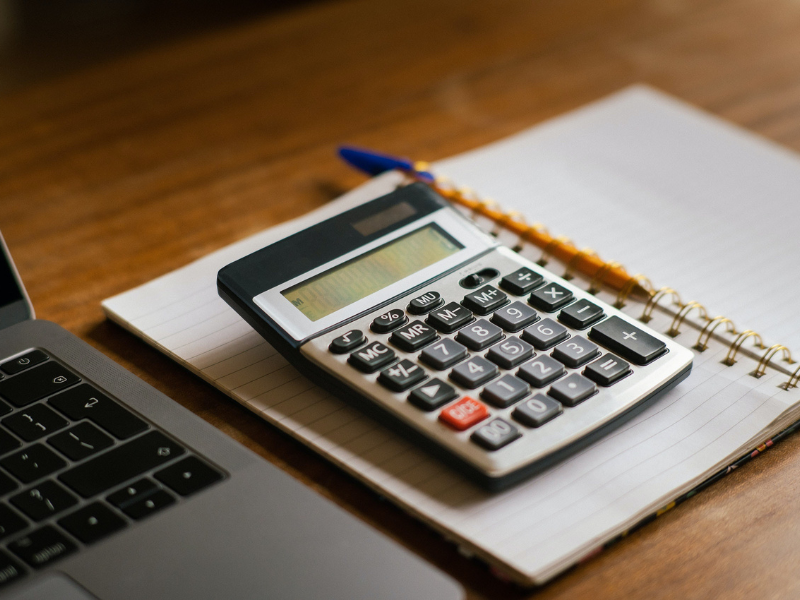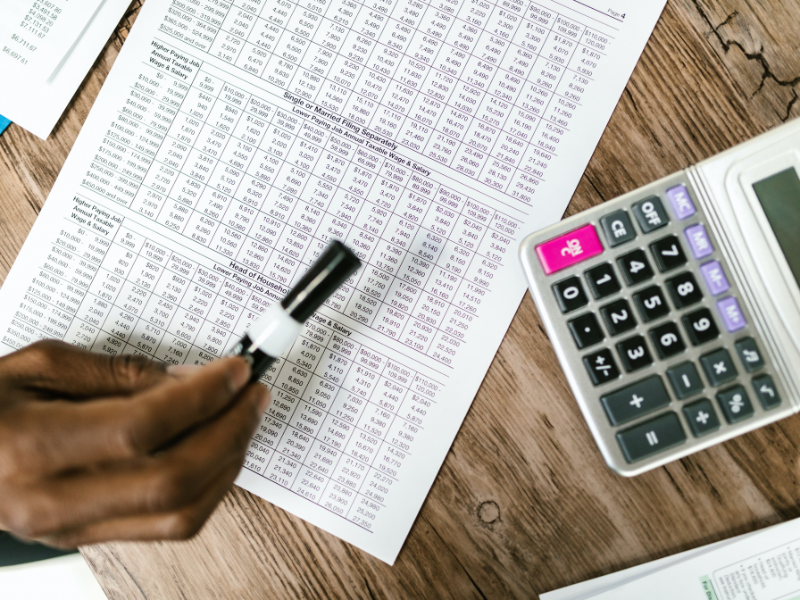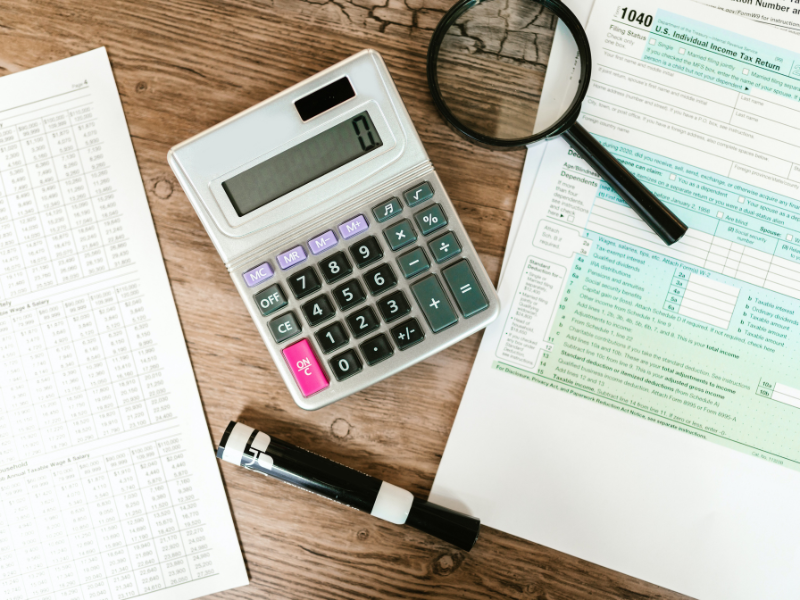What Is a Good Debt?
Not all debt is necessarily bad; what makes it good is determined through different factors such as the purpose and your capacity to repay it.
Sometimes, it is considered good when it’s within your budget and can help you achieve your goals. Conversely, it becomes bad when it is unaffordable and can overwhelm your finances.
This article will tackle what makes debt good and how it can affect your life.
What Is a Good Debt?
Good debt refers to financial obligations considered helpful within one’s overall financial picture. It serves a purpose and contributes positively to one’s economic well-being.
Examples include student loans, which can lead to higher education and increased career opportunities. Additionally, mortgages allow individuals to build equity and invest in real estate.
Additionally, it is typically associated with investments in education, homeownership, or business ventures with the potential for long-term financial returns and stability. It aligns with one’s goals and is sustainable within their budget.
Read More: How to Get Rid of Student Loan Debt? Strategies for Financial Freedom
Reasons For Getting into Debt
Getting into debt is a personal matter, and it varies differently. Typically, these are the reasons why people are getting into debt.
To Achieve a Long-Term Goal
Student loan debt, car loan or auto loan, and small business loan are considered fit into this category. These can help you advance in life, so long as you don’t take on too much.
Out of Convenience
These happen when you want to make other aspects of your life easier, such as when you have a big one-time expense and want to maintain your savings. They can be benign if they’re helping you manage your overall financial picture.
Due to An Emergency
Borrowing money out of desperation can be dangerous. A need for cash in a hurry can leave you with limited options, resulting in high-interest costs.
Read More: How to Pay Off Debt: 10 Ways to Kill Debt with a Low Income
How Much Debt Can You Afford to Pay Off?
Comparing your debt load with your gross income can be a helpful tool for seeing if it’s manageable or becoming too large to tackle on your own. Here are some guidelines to consider:
Up to 15% of Income
This amount is likely affordable but is worth addressing. If you’re carrying an average credit card balance, for example, paying it off can free up cash and save on interest.
From 16% To 39% of Income
Something in this range can get increasingly difficult to pay off. Consider using a balance credit card or a personal loan to manage your finances. You could explore a management plan with a nonprofit credit counselor if you still need to qualify.
40% or More of the Income
Loads this high can be impossible. Use the free consultations many nonprofit credit counselors and bankruptcy attorneys offer to see if relief plans might be right for you.
How Is Debt Affecting Your Life?
Debt can profoundly impact your financial health, affecting various aspects of your everyday life. While good debt, such as student loans or mortgage loans for owning a home or starting a business, can provide long-term benefits, bad debt, like payday loans, credit card debt, or high interest credit card debt, can lead to financial distress.
“Think about how debt impacts your life overall,” Thomas Nitzsche said, a media manager at nonprofit credit counseling agency Money Management International.
Managing your debt wisely is crucial to ensure a positive financial situation. Excessive debt can strain your financial future, hamper your ability to build wealth, and cause stress and anxiety. By understanding your financial health, creating a budget, and considering options like personal loans or seeking financial advice, you can effectively manage debt and strive for a more secure and balanced everyday life.
“If your debt is hanging over your head and you’re worried about it constantly, that’s something you should address,” he said. Any debt that affects your mental health or significantly diminishes your quality of life is bad.
Nitzsche advises taking an honest look at your situation and planning to resolve it through a payoff approach like the snowball method, focusing on your smallest payments first or seeking relief programs.
Read More: Best Credit Card Debt Payoff Calculator
Conclusion
Understanding what is good debt is crucial for your financial health and future. Good debt can provide opportunities for more education and a well-paying career. It includes mortgage loans for purchasing a home, student loans for education, or small business loans for starting your own business. Good debt helps build wealth and improve your net worth.
Too much debt becomes bad. Managing debt wisely is important, considering interest rates, monthly payments, and your debt-to-income ratio. Consult a financial advisor to know whether you need to borrow or save money. Choose an interest rate compatible with your gross monthly income.
Making informed decisions and controlling your debt payments can pave the way for a brighter financial future and achieve stability in your everyday life.
Read More: Consolidate Credit Card Debt: 5 Tips To Overcome Debt
Frequently Asked Questions
What factors should be considered when evaluating whether the debt is good or bad?
When evaluating debt, several factors should be considered. Firstly, the purpose of it is important. Debt taken on to achieve long-term goals or out of convenience is likely to be considered good. Secondly, affordability plays a crucial role. Finally, assessing the overall impact on an individual’s financial picture, including potential returns and benefits, helps determine the nature of it all.
What are some examples of good debt?
Examples of good debt include student loans, which can lead to higher earnings and career advancement. Mortgages are also considered good since it allows individuals to build equity and own property. This could benefit from property value appreciation later on. Additionally, business loans can be seen as good as they finance business growth, generating income and creating job opportunities.
What is the difference between good and bad debt?
Good debt refers to financial obligations considered beneficial and manageable within one’s budget. It helps individuals achieve long-term goals, such as education, homeownership, or business ventures. In contrast, bad debt is unaffordable and can lead to financial difficulties. The key distinction lies in how it aligns with an individual’s financial picture and goals.
Published on July 30, 2019; Updated on July 7, 2023.





